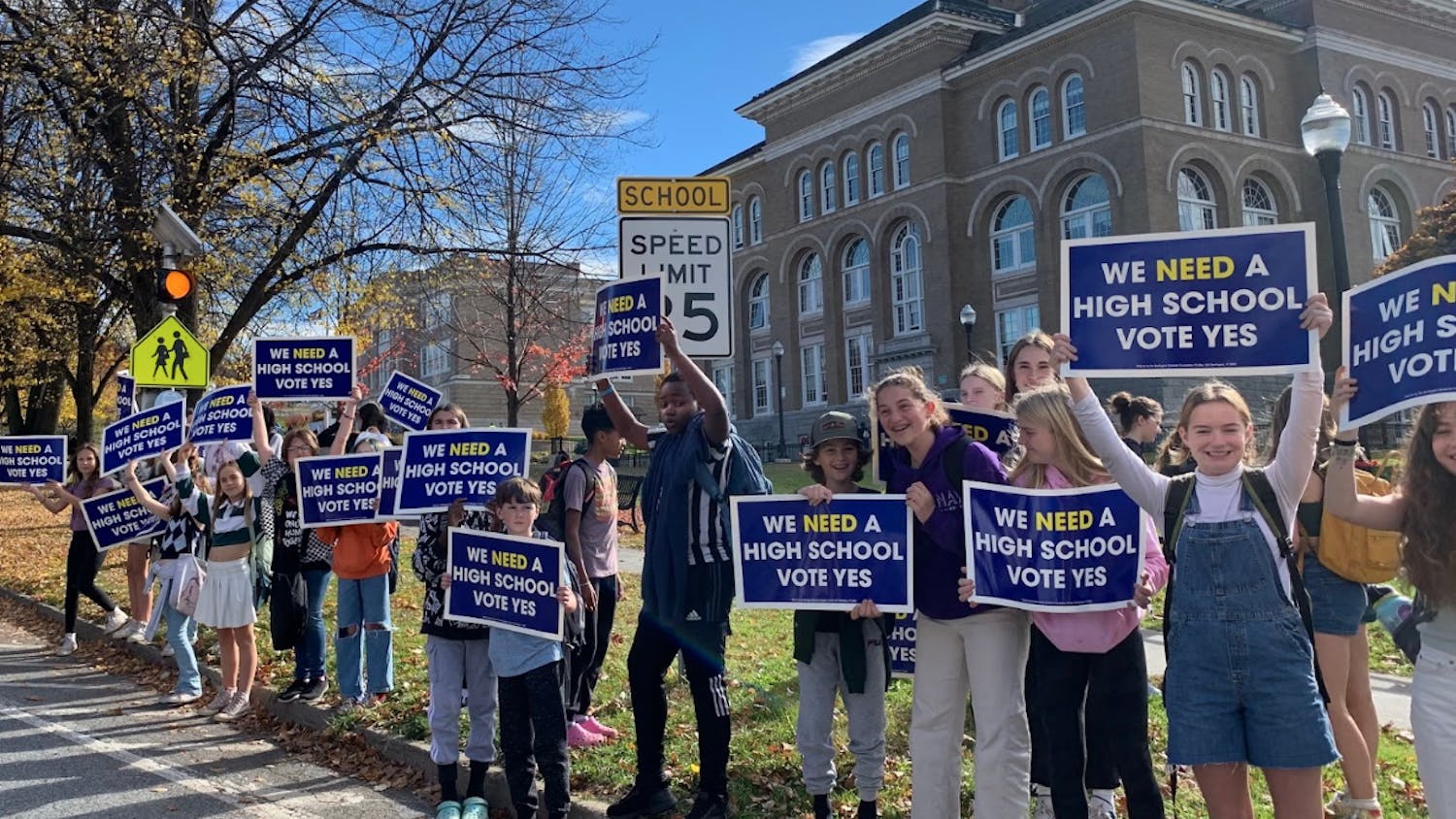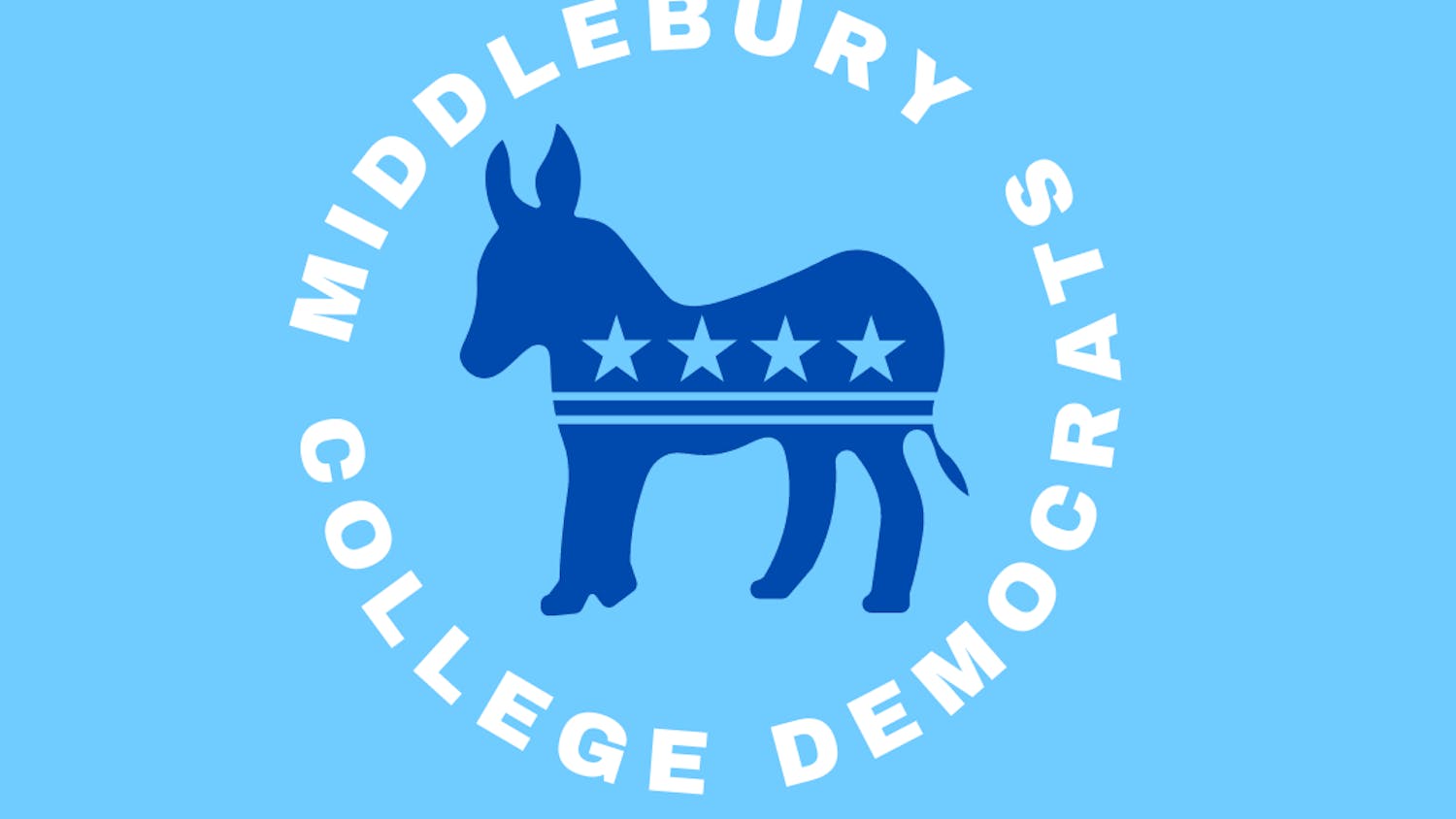Since August, Vermont State Sen. Becca Balint’s (D-Windham) campaign has been under scrutiny for a $1 million contribution from the LGBTQ Victory Fund Federal PAC, which was later revealed to be a donation by a cryptocurrency mogul. The role of money became a central controversy in the Democratic House race between Balint and Vermont Lieutenant Governor Molly Gray.
But what exactly is a PAC? The Campus spoke to professors in the Political Science Department to get the answer.
A political action committee (PAC) is a political committee that uses money in the context of an election campaign for political office. PACs may donate money directly to candidates, or spend independently of any candidates. Super PACs are a type of PAC required to make independent expenditures only, meaning that they cannot donate directly to candidates, but may receive and spend without limits. Hybrid PACs, like the LGBTQ Victory Fund, have separate accounts for direct contributions to candidates that are subject to the limitations of typical PACs and for unlimited independent spending subject to the limitations of Super PACs.
Professor of Political Science Bert Johnson explained that depending on the type of the PAC, there are different rules and regulations for how the money can be raised. PACs are far more likely to donate to candidates whose positions they agree with.
“The goal of a PAC is usually to move the needle in terms of the resources available to a candidate. You want to do that if you are supporting your friends. Similarly, PACs are likely to support people who agree with them,” Johnson told The Campus.
Professor of Political Science Matt Dickinson told The Campus that some local political observers raised the possibility that the Victory Fund was an effort to influence Balint’s campaign. Balint’s campaign manager told Seven Days that neither Balint nor any of her campaign staff had met or heard of the cryptocurrency executive who made the donation to the Victory Fund, and denounced this type of campaign spending — allowed under the Supreme Court’s Citizens United decision — as problematic.
Independent expenditures, such as those made by Super PACs and some parts of a hybrid PAC, cannot be made in coordination with candidates or their campaigns. The Federal Election Commission (FEC) defines coordination as an expenditure “made in cooperation, consultation or concert with, or at the request or suggestion of, a candidate, a candidate’s authorized committee or their agents, or a political party committee or its agents.” According to Johnson, however, the definition of coordination between a PAC and a candidate is contested.
“You could say there is some interesting correspondence in terms of the language used, or sometimes a candidate will set up a website with raw video that is just available for the public to use, which then PACs download and put in PAC advertisement,” Johnson said. “That seems to not count as coordination under the law, but again, that definition of coordination is constantly being tested during a campaign.”
The majority of the PAC money spent on Balint’s campaign was used for TV, digital and mailed ads. According to Dickinson, Vermont tends to stay away from high profile elections because its small geographic and population size allows candidates to go door to door, rather than relying heavily on television advertising.
“A lot of research has been done on the impact of advertising on voting choice. For high profile races, we don’t think TV ads have a huge independent impact,” Dickinson said. “In down ballot races where voters don’t know a lot about the candidates, they [TV ads] might. So it’s possible the super PAC ads had some influence, but I don’t think it was decisive.”
The cryptocurrency donation made to Balint’s campaign was revealed after Balint won the Democratic primary. Dickinson said he believes Balint would have won the democratic primary regardless, but the defining issue of the campaign was money and super PACs.
“I think she [Balint] was the front-runner whether that money was spent or not, but I think it raised some important questions on the role of money in a small state during an election and what can be done to make those contributions more transparent,” Dickinson added.



